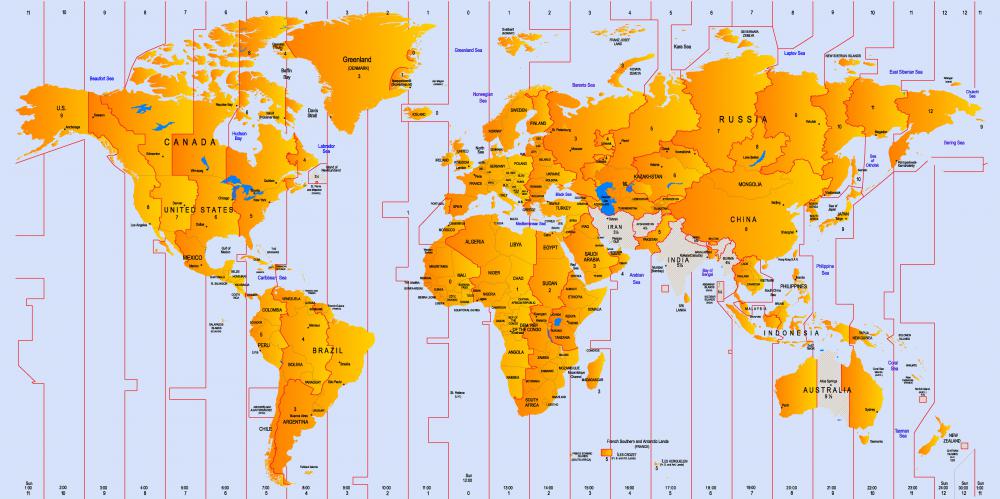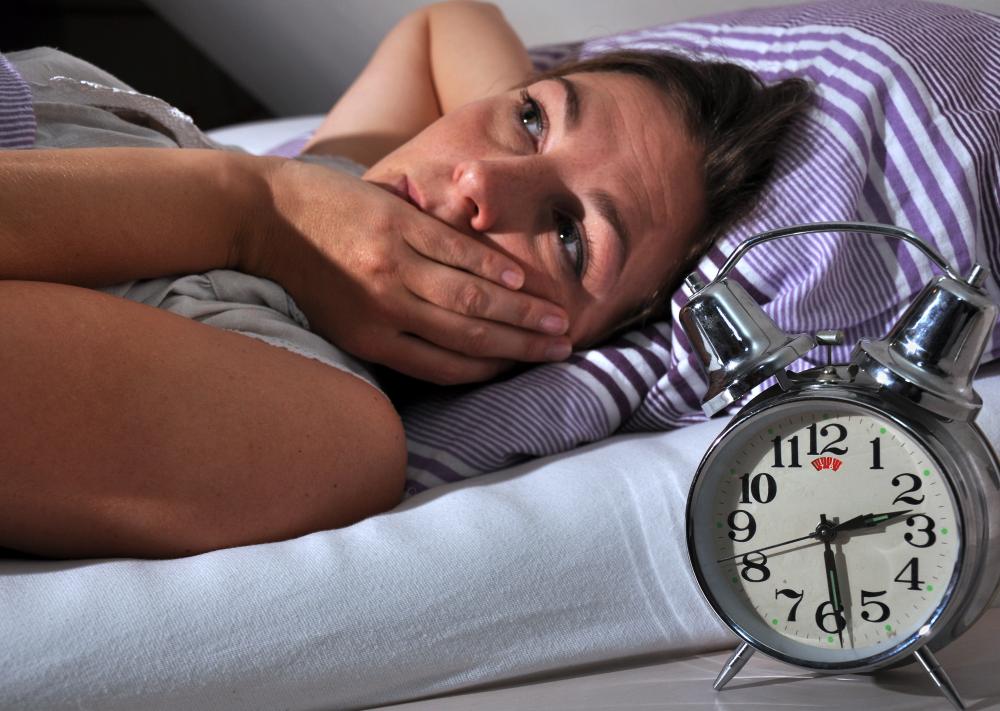At WiseGEEK, we're committed to delivering accurate, trustworthy information. Our expert-authored content is rigorously fact-checked and sourced from credible authorities. Discover how we uphold the highest standards in providing you with reliable knowledge.
What is an Internal Clock?
Also referred to as a circadian rhythm, internal clock is a term used to describe the approximately twenty-four hour cycle that is inherent in most living entities. Along with human beings, plants, other mammals, and other living creatures have an internal clock. As with a clock used to tell time, an individual’s circadian cycle is more or less constant, and is determined by both internal biological functions and external stimuli that results in behavior patterns that modify the clock to a certain extent.
The importance of the internal clock cannot be underestimated. When the clock is in sync with the day to day pattern of the individual, tasks necessary to sustain life occur on a more or less regular schedule. For example, the individual becomes sleepy around the same time each night, and is also likely to awake naturally at the same time in the morning. Cravings for food will likely occur around the same time each day. The combination of internal programming and external stimulation keep the clock functioning on a consistent basis, and thus help to ensure that the individual remains healthy.

However, external factors can also cause the internal clock to be modified. For example, people who work nights often experience a great deal of difficulty initially when it comes to getting enough rest. Assuming the individual’s internal clock is set to sleep when it is dark and rise when morning arrives, a period of adjustment is necessary before it is possible to sleep during the day. Creating a semi-dark environment in which the individual attempts to sleep can sometimes help this process of modification along. Taking this action makes it easier to establish a new sleep cycle and achieve restful slumber during the day.

Another example of internal clock modification involves travel. As an individual moves from one time zone to another, the natural rhythm may be thrown off balance. The result is what is commonly known as jet lag, a situation in which the individual feels somewhat tired and may experience insomnia until the body adjusts to the new time zone.
Evaluating the current status of the internal clock usually involves monitoring body temperature, as well as the level of melatonin produced by the pineal gland. Observing the changes in these two factors over a twenty-four hour period can make it easier to identify the current pattern associated with the body’s natural rhythm, and compare it to the individual’s daily routine. By conducting this type of research, it is possible to determine how well an individual is adapting to changes in time, place, and circumstances, and also yield clues in how to aid in that adjustment.
AS FEATURED ON:
AS FEATURED ON:













Discussion Comments
Since I worked night shift, or as it is also called graveyard shift, for many years, I have experienced the difficulty of adjusting to the new schedule.
I might have reset my internal clock somewhat, but never fully. I think the best way to reset the clock is by having the same schedule all the time, so even on days off it would be great to keep the same schedule as during the working week.
This is challenging though, because the rest of the family, and the rest of the world is on a different schedule, so you tend to follow theirs on your days off, and therefore never fully follow your own internal clock.
Another problem is that you really never sleep as deeply and restfully during the day, as you do during the night. Now there is some help in that area. By creating a completely dark environment in your bedroom, you have the feel of the night even though the sun outside might be at its brightest.
Post your comments